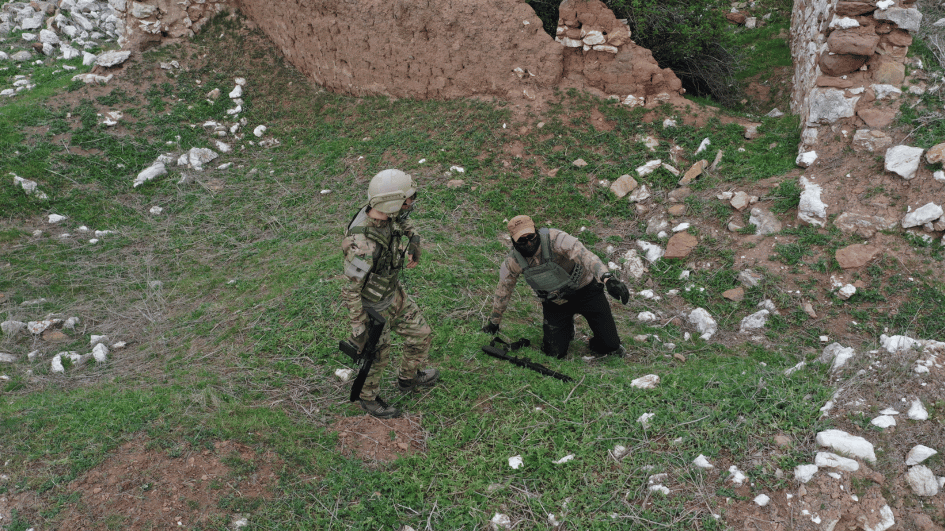Newspapers like crisis bulletins
MURAT YETKİN
It was quite depressing for the editorial board of the Hürriyet Daily News when we sat to sketch today’s paper with the news material in our hands.
You can sympathize with us if you can have another look now at our front page today.
First you can see Iran’s British Embassy hostage crisis in Tehran at the top; the story is from Tehran.
Our headline is about a meeting between the Syrian underground opposition leader living in France secretly coming to Turkey to meet with a former colonel defected from the Syrian army, who is allegedly one of the names behind some attacks against the al-Assad regime. You can see a box there about possible Turkish sanctions on Syria.
Next to that, there is a story that is a follow-up of our Daily News headline yesterday that read “Paris invites Ankara to EU meet on Syria.” Today’s story is about a Greek Cypriot veto of the French proposal to invite Turkey. It is sad to see the 500-million-populated European Union stopped by its most problematic and 500,000-populated member on a matter of strategic importance. As we went to press, the problem in Brussels remained unsolved.
Actually the story underneath that shows another state of European crisis nowadays. It is about the shortage of fuel for army and police vehicles in economically-strained Greece.
If this is not enough, you can have a glance at the lower half of the paper.
There you can read a background feature on the forthcoming Turkey visit of Joe Biden, vice president of the U.S. Apparently, Washington praises Turkey’s leadership in the region and appreciates the economic performance with the compliment that U.S. President Barack Obama consults with Turkish Prime Minister Tayyip Erdoğan on almost every international issue in the region where Turkey lies. But there is strong criticism as well, mainly on two important topics: freedom of the press, in the form of journalists in jail, and freedom of religion, in the form of the re-opening of the Greek Orthodox Seminary in the island of Khalki, or Heybeliada, in Turkey.
You can also read a story about the strained relations between the U.S. and Pakistan over a NATO raid on a Pakistan border station, killing 24 soldiers. In protest, Pakistan refused to take part in a critical meeting in Germany on its problematic neighbor Afghanistan.
Next, there is the warning of Russian President Dmitry Medvedev about NATO’s Missile Shield project (with early warning radar stations about to be operative in Malatya, eastern Turkey, under Iran’s objection as well); Medvedev said he gave orders to activate the Russian missiles in Kaliningrad, by the Baltic Sea in northern Europe.
And speaking of northern Europe, it is likely the neo-Nazi attacker Anders Breivik, who this summer killed 77 people, mostly students, might escape a trial on mental health grounds. By the way, German intelligence found yet another neo-Nazi cell in relation with murders and sabotage in the country since the 1990s.
As journalists, we are not happy to present you with a paper like a crisis bulletin; but this is the picture as we approach 2012, which does not seem very promising.











